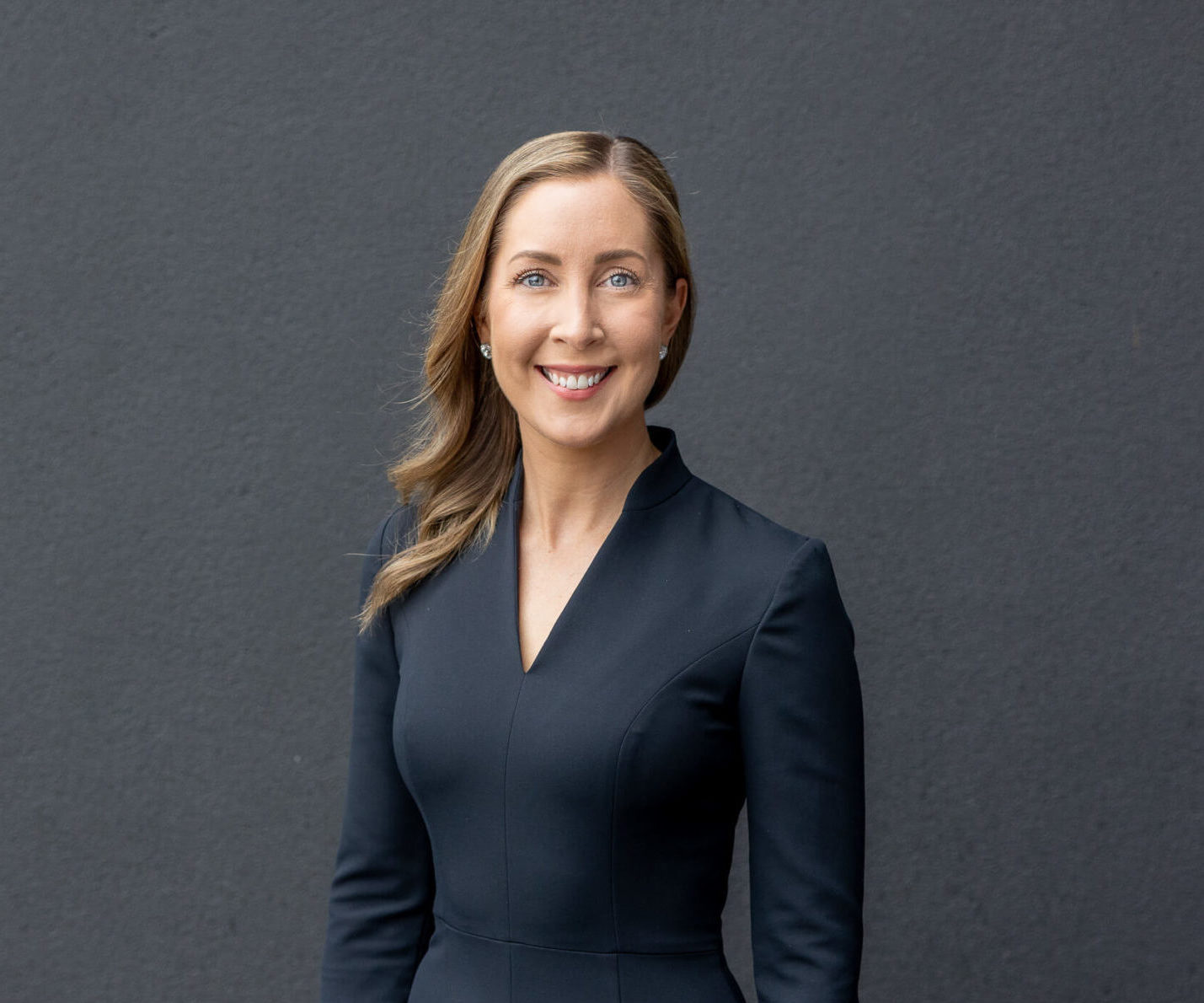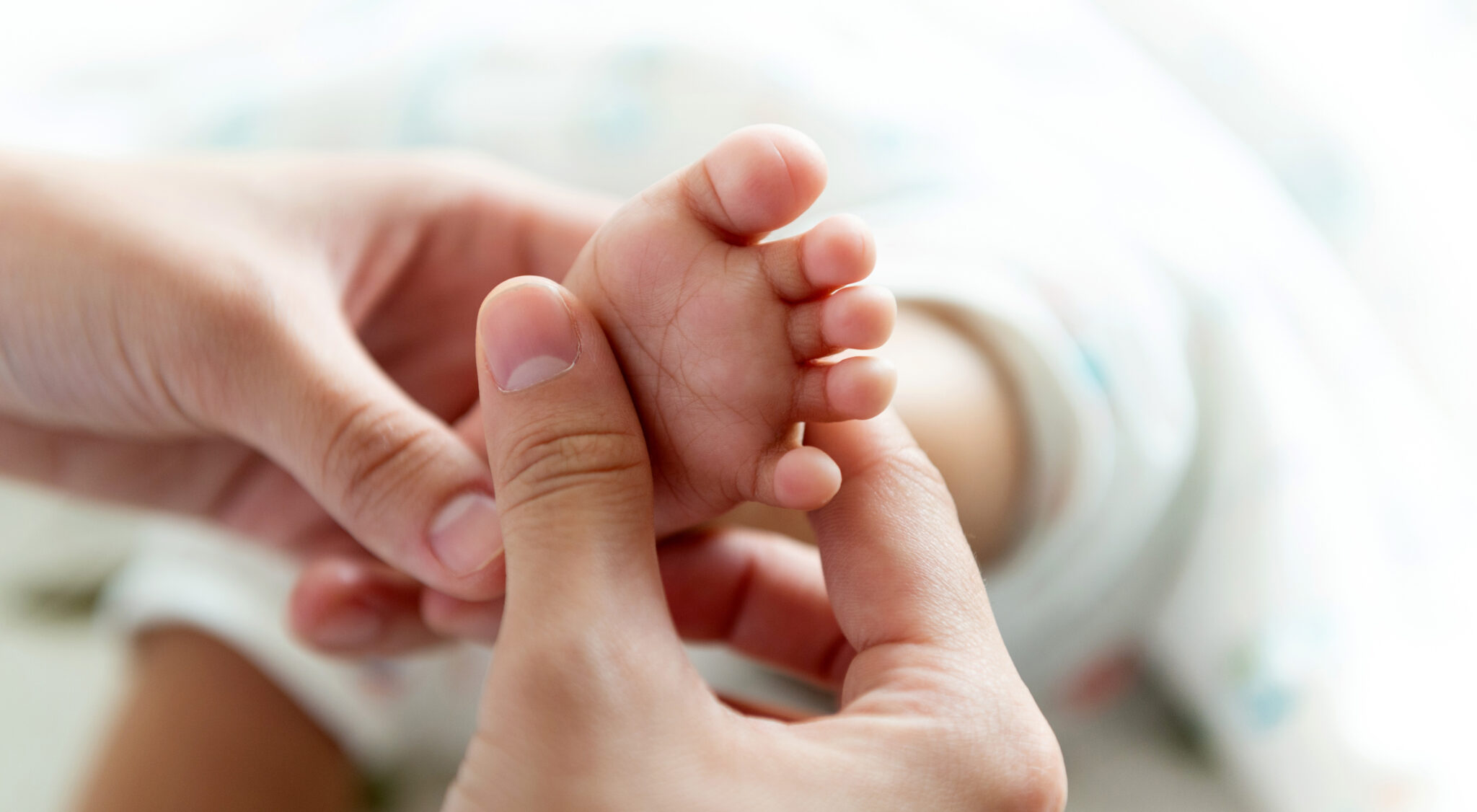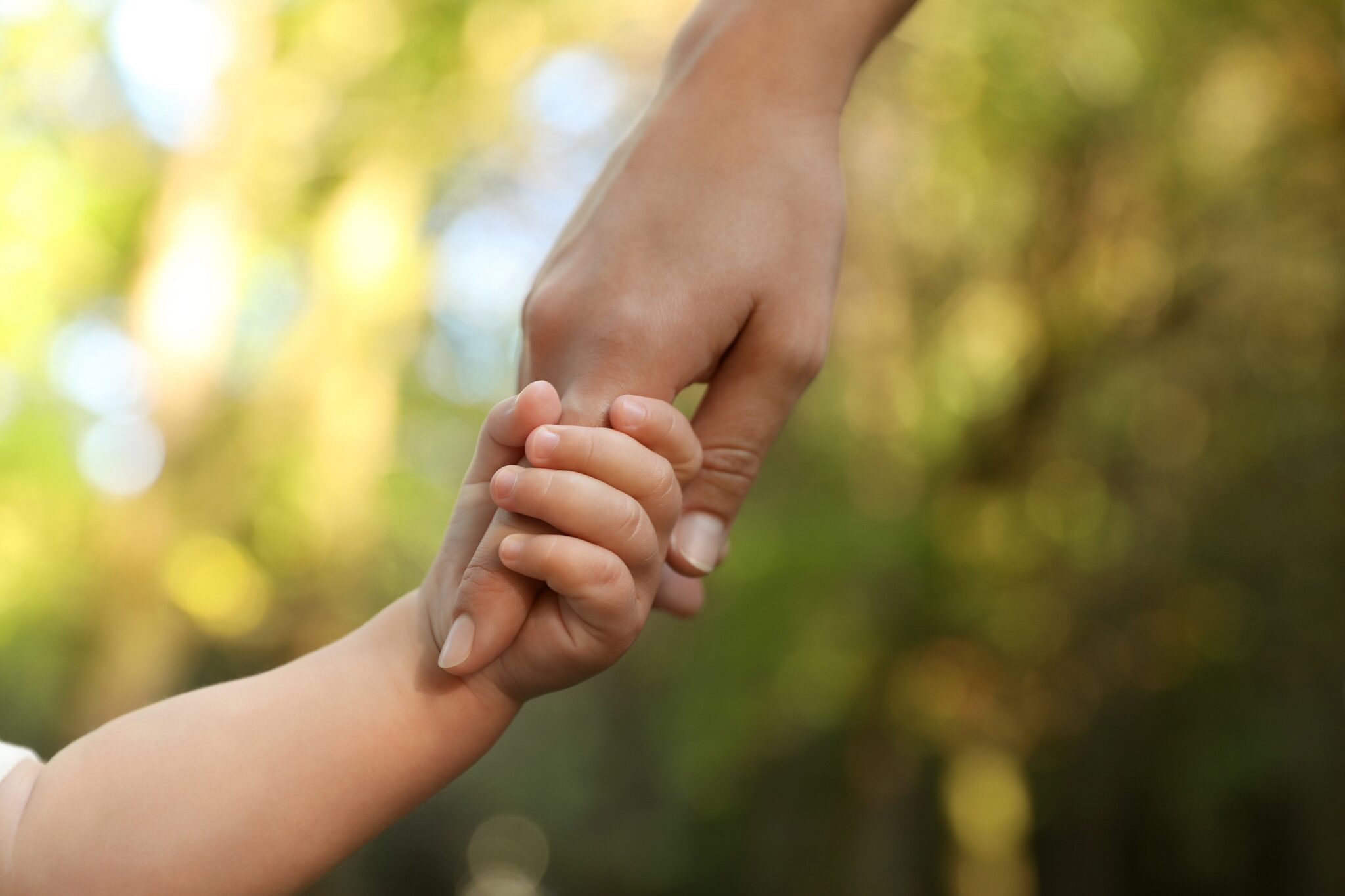Despite many misconceptions as to parental rights in family law matters, the reality is that it is children who have rights under the Family Law Act 1975 (Cth) (the Act). Children have the right to know and be cared for both their parents and have the right to spend time and communicate with other people significant to their care, welfare and development.
Parents have duties and obligations towards their children. Parents have the right to ask the Federal Circuit and Family Court of Australia (the Court) to decide the parenting arrangements if they cannot reach agreement between themselves.
The paramount consideration in all parenting matters is what is in the best interests of the child. Primarily, this is having a meaningful relationship with both parents and the need to protect the child from harm (with greater weight being given to protection from harm).
More information about the best interests of a child and how parenting negotiations can start can be found here.
The Act recognises that children are raised in a variety of different ways outside of what is considered traditional family structures. Transgender parents have no different rights or responsibilities towards their children, who are subject to the same best interest factors. The relationship between the parent and the child can go through a new journey where one parent is in the process of transitioning. Background information about transgenderism can be found here.
Who is a parent?
In Victoria, parties listed as parents on a child’s birth certificate are presumed to be legal parents of the child. Victorian law also makes statutory presumptions as to who is a parent of a child conceived by fertilisation procedures (the woman who gives birth to the child shall be presumed, for all purposes, to be the mother of any child born as a result of the pregnancy). In respect to paternity (who is the father), Victorian law presumes:
- Where a married woman, with the consent of her husband, has undergone a procedure as a result of which she has become pregnant, the husband shall be presumed to be the father of any child both as a result of the pregnancy. This is an irrebuttable presumption. There is a presumption that the husband consented to the procedure, although this is rebuttable.
- Where a man lives with a woman on a genuine domestic basis (although not married to her) at the time of the procedure as a result of which the woman has become pregnant), he will be presumed to have given consent to the procedure and therefore be deemed the child’s father at the time of birth.
In respect of parentage (who is a parent), where a woman, married to another woman or lives with another woman on a genuine domestic basis (the female partner), has undergone a procedure as a result of which she has become pregnant, the female partner is presumed to be the legal parent of any child born as a result of the pregnancy if she consented to the procedure.
For family law parenting purposes, the Act reinforces the Victorian position in that where a child is born to a woman as a result of the carrying out of an artificial conception procedure, and given the relevant State or Territory law that deems the child is a child of a man, then, whether or not the child is actually biologically a child of the man, the child is his child for the purposes of the Act.
Usually, a sperm or egg donor are not considered the legal parents of any child born of an artificial insemination procedure.
However, in the 2019 case of Masson v Parsons, the High Court of Australia held that a sperm donor was the parent of the child for the purposes of the Act because the donor had been involved in the child’s life, provided financial support for the child and had input into the child’s education, welfare and health. The High Court held that the man was not merely a sperm donor in the circumstances of this particular case.
What this case means is that regardless of the gender of a party, what constitutes a parent will be established by either the birth certificate, statutory presumptions or by the facts of the case. Specialist family law advice is therefore vital.
Who can apply to the Court in relation to parenting matters? (standing to apply)
If for whatever reason, a person does not meet the definition of a parent above, under section 65C of the Act a parent, child, grandparent or person concerned with the care, welfare and development of a child can apply to the Court for a parenting order. This last category requires the Court to determine that the person meets that threshold first.
People who are not biologically related to a child may have the right to ask the Court for parenting orders. This is called having standing to apply to the Court.
There is no set rule or law on how the Court decides whether a person is a person concerned with the care, welfare and development of a child as it depends on the facts of the case and that particular child. A person who has been caring for the child long term or with whom the child has been significant time and has a strong relationship may be considered a person concerned with the care, welfare and development of a child – it all turns on the facts and what is in the child’s best interests.
Recent case
There has been only one recent unreported (publicly available) case involving a transgender parent. The facts of this case were very specific and should not be taken as a rule or guide of what may apply in another case – specific family law advice is necessary.
In the case of Vitalis & Kazan [2022] FedCFamC1F 559 (5 August 2022), the Court, in making a decision on the interim care (short term) arrangements for an 8 and 4 year old, had to consider the impact of the parent transitioning and the parties’ separation on the children.
The facts are:
- The parties started a relationship and married overseas in 2010. They were both from non-English speaking backgrounds.
- Ms Vitalis was diagnosed with gender dysphoria in childhood. She started feminising hormone treatment in 2016, social transition in 2018 and was scheduled for gender affirmation surgery in 2020 but this was postponed due to financial reasons.
- The parties separated in February 2022. At separation, Ms Vitalis stayed in the former family home while Ms Kazan, the biological mother, moved into a rental property with the children, aged 8 and 4.
- Ms Vitalis applied to the Court for parenting orders in relation to the parties’ children. Ms Vitalis was transitioning from male to female at the time. On her own evidence, Ms Vitalis was struggling with the transition.
- The children showed signs of confusion and anxiety dealing with the separation and dealing with the change in the established gendered parental identities and roles – all while interacting with a society whose knowledge and attitudes about gender identity are still evolving. The evidence suggested risk of bullying and exclusion for children in these circumstances was real.
- There were also cultural and religious factors at play given the family’s background.
- The children still called Ms Vitalis “Dad” as they were learning about her and their evolving relationship with Ms Vitalis, while effectively, grieving the loss of their father.
- Ms Kavan was supportive of Ms Vitalis’ transition. Ms Kavan sought for the children’s time with Ms Vitalis to be supervised given the risk of harm to them due to alleged historical family violence and sexual abuse perpetrated by Ms Vitalis towards the children and concerns about Ms Vitalis’ mental health.
In short, the Court was asked to decide if the behaviour and experiences of the children were attributable to Ms Vitalis’ transition, the separation, the poor communication between the parents, developmental issues, the alleged family violence and sexual abuse, the children experiencing bullying, discrimination or isolation – or something else – or a combination of these factors. What the short term parenting arrangement should be in light of this?
The Court held:
- The Act focusses on the children and not the parents. Transgender parents are no less capable of parenting because of transition.
- There was no unacceptable risk of harm to the children based on the allegations of family violence or sexual abuse if they spent unsupervised time with Ms Vitalis – the allegations were largely ambiguous and there was no discernible pattern of behaviour.
- The significant concern to the children’s safety and wellbeing was Ms Vitalis’ behaviour towards the children around her transition. The children showed confusion and anger towards Ms Vitalis’ change and that Ms Vitalis “calls us [the children] boys when we are girls”. The children were showing these signs of distress in a time of high tension in the home, with involvement of Police and Child Protection authorities, and at a time when both parents are obviously stressed not only about the separation but about the transition.
- The risk of psychological harm to the children was unacceptable. The Court found that while it could not say psychological harm had occurred from Ms Vitalis’ behaviour or that Ms Vitalis intended harm to the children, the evidence was clear that the children were distressed and there was a risk of ongoing psychological harm. While it may be a tumultuous time for the parents and children, children do not have the same levels of emotional resilience as the adult parent is to likely have.
- The case could be said to not be one where the risk of emotional harm to the children is the thrust of the concern but that it is the emotional impact on the children of the significant changes they are experiencing and continue to do so. The better managed the transition was for Ms Vitalis, the less stress there would be on the children and their relationship with her.
- The Court needed more information about what is happening in the children’s lives, to take into account the actual causes of the children’s confusion, anger, frustration and anxiety. To this end a Single Expert was appointed to provide the expert evidence on this issue by way of a report. Information about Child Impact Reports and Family Reports can be found here.
- In the meantime, the children’s time with Ms Vitalis would continue to be supervised until the report was released and the matter brought back to Court for further determination.
- There was further concern about both parents’ inability to agree on who was to provide the children with therapeutic support during such a difficult time. The Court ordered there be an Independent Children’s Lawyer to assist the separated family (information about ICLs can be found here).
Cases such as this show the complexity and the sensitive nature of the family dynamics and that appropriate expert evidence is vital to assist the Court in determining what is the children’s best interests.
How we can help
Our Family & Relationship Law Team at Coulter Legal are experienced in providing sensitive and robust advice with respect to parenting matters, particularly around complex issues, such as a parent transitioning, or gender dysphoria in children and LGBTQIA+ families.
Please do not hesitate to contact our office on 03 5273 5273 to arrange an initial consultation, free of charge, to discuss your personal circumstances and how we may assist you.
Information about the Court process and development of the case in law regarding gender dysphoria can be found here.













